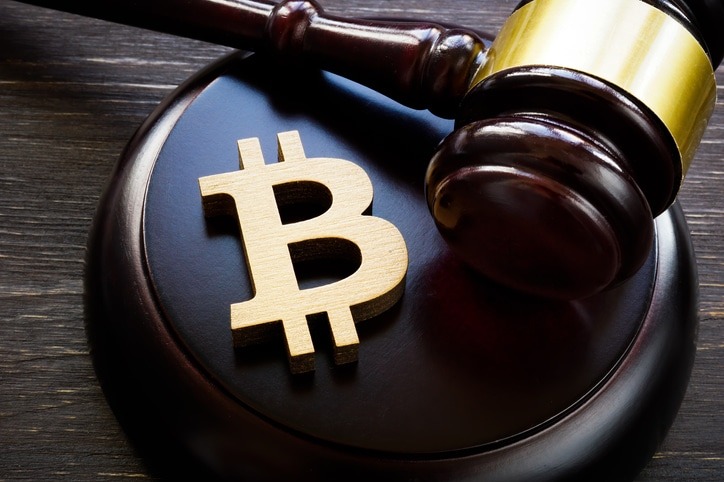Palm Harbor, FL, estate planning attorney discusses cryptocurrency. Call (727) 361-9302 to schedule a consultation.
I’ve recently invested in Bitcoin, and I’ve done pretty well with it, but now I’m wondering what will happen to my cryptocurrency assets if something should happen to me. How would my partner and kids be able to get their hands on it? I’d hate to have it frozen in the ether for eternity. Can you help?
Congratulations on your decision to make this next big step! For all of its ups and downs, Cryptocurrency investing has made millionaires of many stakers and investors. Whether you’re looking to add diversification to your investment portfolio or are a hardcore crypto miner, you may not have considered how to leave your earnings behind in the event of your death or incapacity.
Even if your health is perfect, life has a way of throwing unpleasant curveballs, such as drunk drivers and venomous snakes on camping trips (true stories in our office!). No matter your age, it’s wise to consider how you will handle your cryptocurrency in the event of your demise.
What Is Cryptocurrency?
Cryptocurrency describes digital assets you can procure by betting on the crypto market. You may choose to invest with lower risk by trading in established cryptocurrency coins like Bitcoin. Or you may prefer a riskier investment strategy of investing in newer coins, betting that the value will increase over time for massive returns on your initial investment.
Whichever method you prefer, know that cryptocurrency often trades on decentralized markets. Decentralized crypto exchanges often lack tracking to denote ownership of the coins traded. By contrast, real estate and stock investments trade on centralized platforms with documentation indicating the assets’ legal ownership.
Instead, many cryptocurrency trading platforms rely on a digital wallet system that ties the owner’s assets to the blockchain. The investor has access to the wallet to make trades using a personalized passcode. It is nearly impossible to recover the owner’s digital wallet assets if the investor fails to notify their estate lawyer or a beneficiary of the wallet and its numeric key.
Can I Leave Cryptocurrency to My Beneficiaries in My Will?
Yes! If you have invested in cryptocurrency trading and have crypto assets you wish to leave to a beneficiary, a knowledgeable estate planning attorney can help you determine the best way to bequeath your cryptocurrency assets in your will. Cryptocurrency needs extra special attention in a way that traditional assets do not require. This is not something you want to do yourself, especially since it does not work in the same way as a traditional checking or savings account. Cryptocurrency is still relatively new, and many people do not know what it is or understand how it works.
You should consider making sure that you create not only a list of your cryptocurrency but also the digital wallets, along with their passwords, and PIN numbers. However, in no instance do you want to include this information in your will, as many times, wills are public records. You definitely do not want the whole world to know this information!
How Do I Find an Estate Planning Attorney Near Me in Palm Harbor, FL?
Sherri M. Stinson, P.A., is an estate planning attorney ready to help you and your family plan your estate and provide peace of mind. Our team is prepared to sweat the small stuff, so you don’t have to.
Call the Law Offices of Sherri M. Stinson, P.A., in Palm Harbor at (727) 361-9302 today and take your first steps in estate planning for your family. At the Law Offices of Sherri M. Stinson, P.A., you are valued and heard today and for the rest of your life.
Copyright© 2022. Law Offices of Sherri M. Stinson, P.A. All rights reserved.
The information in this blog post (“post”) is provided for general informational purposes only and may not reflect the current law in your jurisdiction. No information in this post should be construed as legal advice from the individual author or the law firm, nor is it intended to be a substitute for legal counsel on any subject matter. No reader of this post should act or refrain from acting based on any information included in or accessible through this post without seeking the appropriate legal or other professional advice on the particular facts and circumstances at issue from a lawyer licensed in the recipient’s state, country or other appropriate licensing jurisdiction.
Law Offices of Sherri M. Stinson, P.A.
522 Alt 19 #1,
Palm Harbor, FL 34683
(727) 361-9302
https://stinsonlegal.com/




